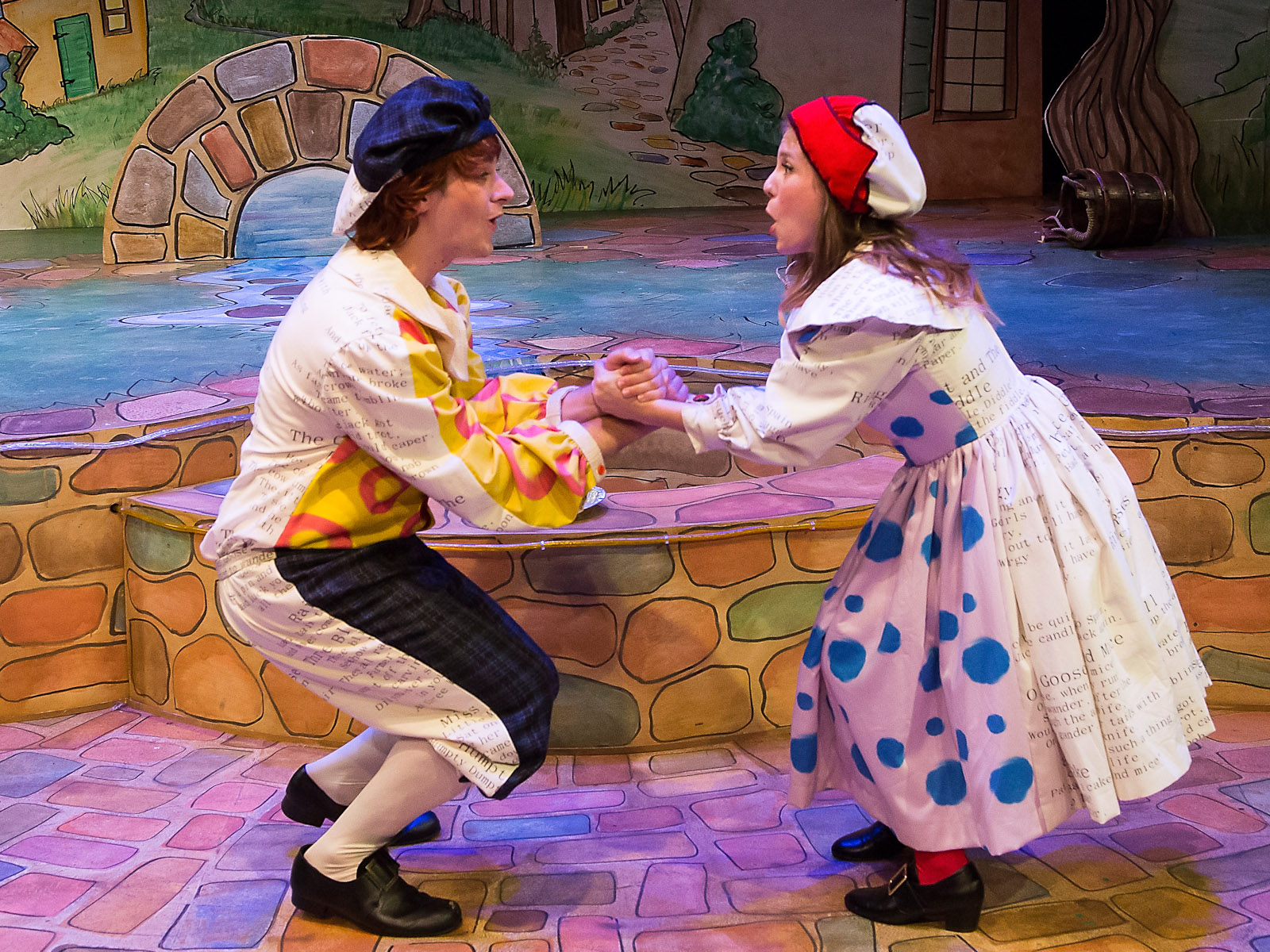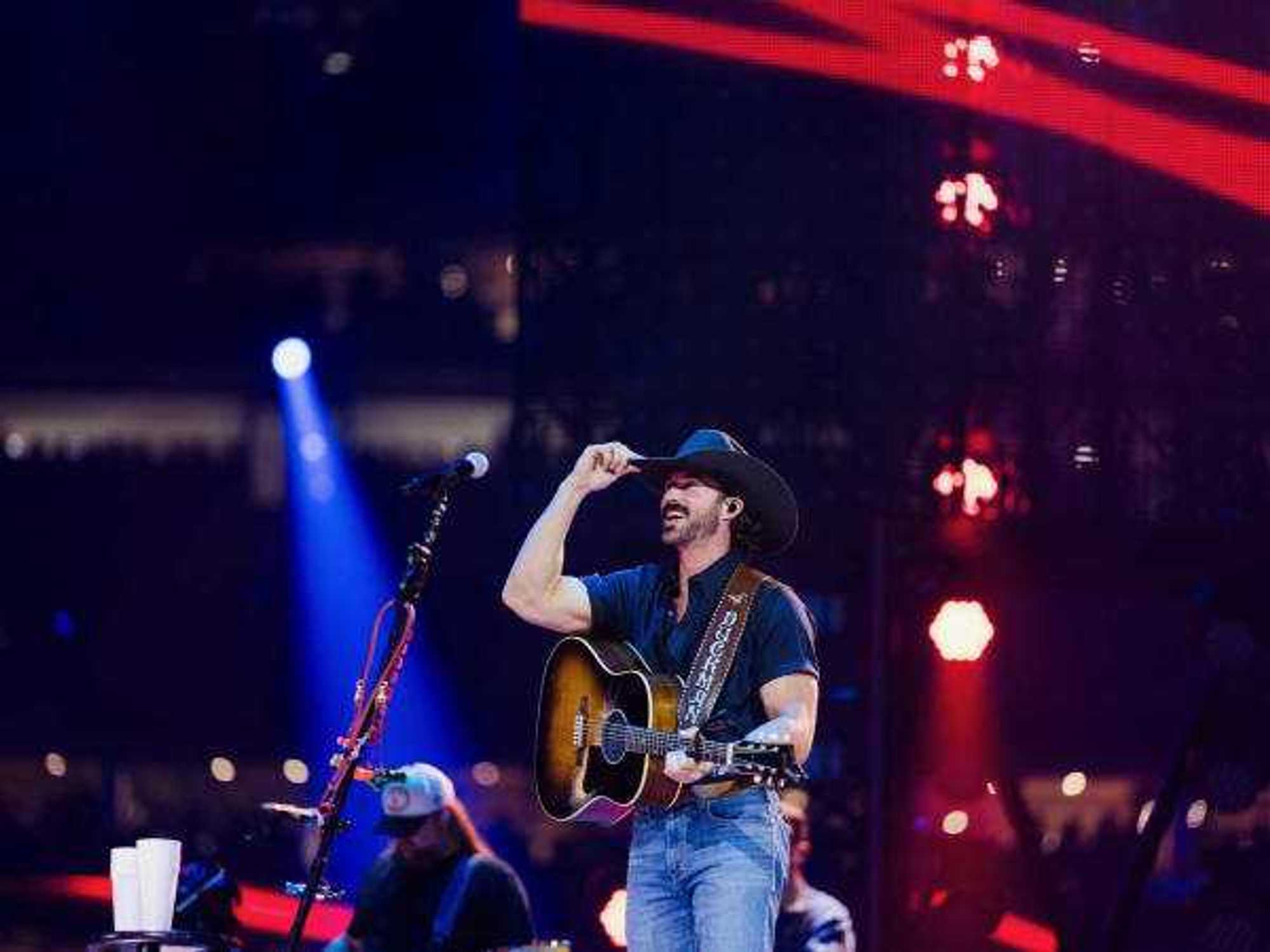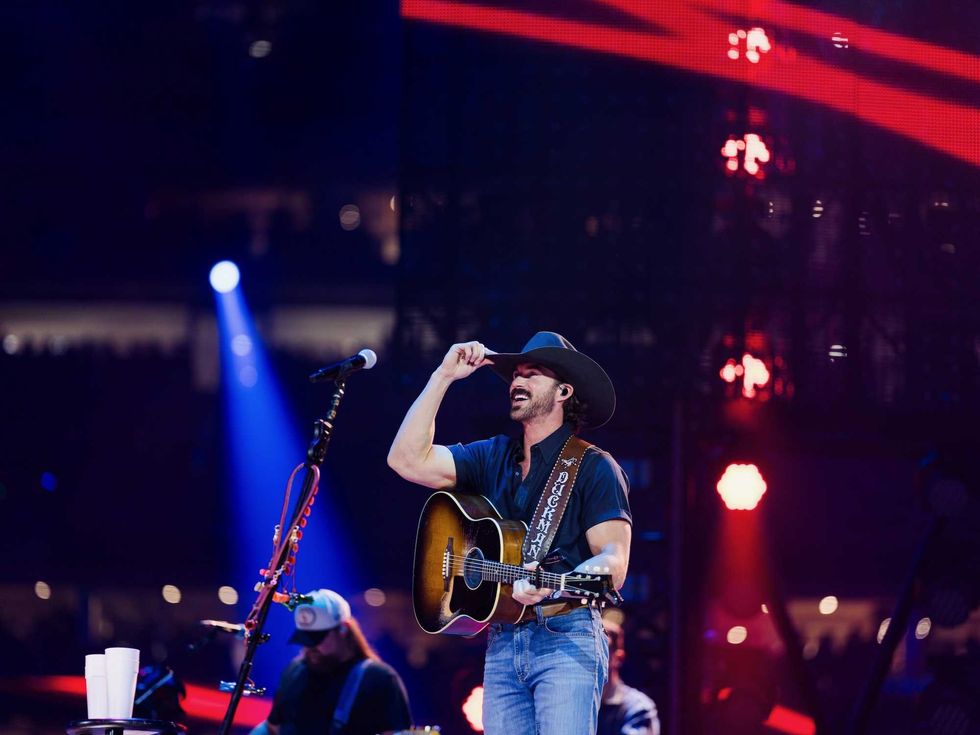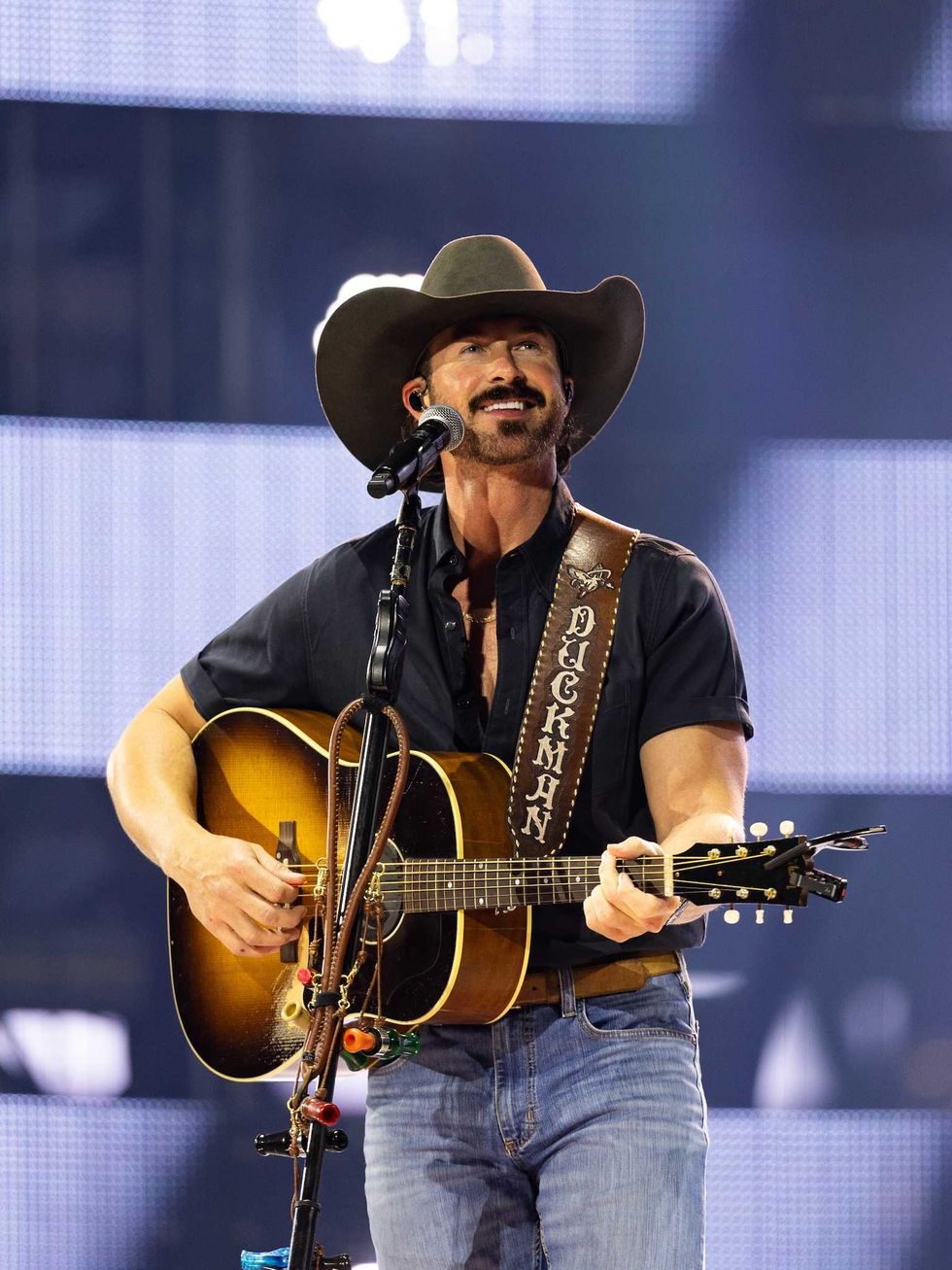The mother of golden eggs
Stages' Kenn McLaughlin talks Panto Mother Goose & creating world premieretheater
 Mark Ivy as Tommy Tucker with artists of Stages Repertory Theatre in "Extra,Extra" from Panto Mother Goose, with costumes by Tiffani FullerPhoto by © Bruce Bennett
Mark Ivy as Tommy Tucker with artists of Stages Repertory Theatre in "Extra,Extra" from Panto Mother Goose, with costumes by Tiffani FullerPhoto by © Bruce Bennett Panto Mother Goose is the second panto penned by Kenn McLaughlin, Stagesproducing artistic director.Courtesy photo
Panto Mother Goose is the second panto penned by Kenn McLaughlin, Stagesproducing artistic director.Courtesy photo Genevieve Allenbury as Mother Goose in Panto Mother GoosePhoto by © Bruce Bennett
Genevieve Allenbury as Mother Goose in Panto Mother GoosePhoto by © Bruce Bennett Jack and Jill played by Mitchell Greco and Teresa Zimmerman in Panto MotherGoosePhoto by © Bruce Bennett
Jack and Jill played by Mitchell Greco and Teresa Zimmerman in Panto MotherGoosePhoto by © Bruce Bennett
During the holidays, many of our Houston performing arts institutions present the same beloved traditional fare they have been producing for years, if not decades. Five years ago, Stages Repertory Theatre imported panto theater — a tradition from the U.K. — to instate its own custom.
Panto is a centuries-old musical theater genre that mixes kid-friendly fairytale and folk tale plots with topical and sometimes bawdy humor for the adult audience. With the success of the first production of Cinderella, Stages producing artistic director, Kenn McLaughlin, decided it was time for panto to become distinctly Texan. Stages began to commission new panto plays for the its Houston audiences, starting with McLaughlin's version of Sleeping Beauty in 2009.
CultureMap recently caught up with McLaughlin as his second penned panto, Panto Mother Goose, began its world premiere hatching.
CultureMap: While I'm sure your audiences love getting a brand new two-act musical every holiday, it seems like it would be a bit of a headache to produce.
Kenn McLaughlin: It's so funny. It's actually the opposite of what you'd think. For the staff of Stages the pantos become our playground. We don't bring in a lot of outside designers. We do it with our artistic family, in house. We work on it together. Because the staff is very childlike, when they're doing this, they use it as a way to recharge their batteries. As opposed to being a drain on our resources, it's actually a kind of a well where we go and draw the water.
CM: Are there certain motifs and conventions from U.K. panto that you have to keep in order to make these plays fit the genre?
KM: There are a lot of stock traditions in panto, some we use, some we don't. I pick and choose which ones are going to fit. Definitely the call and response stuff, booing the villain, and of course the dame character, the man dressed as a woman, is a stock tradition. I try to keep those in play . . . Kids on stage is a huge part of the tradition and certainly something that our audiences have to come to expect. Getting the child up on stage with the actors engaging with them in that way is paramount to us.
CM: Are there differences between U.S. panto and U.K. panto?
KM: Sure, in the extent that all panto is localized. I think that's kind of the point. It should be as reflective of your community as possible. It's Texas based. It's speaking to a Houston audience. I bend the form to the region. I'm taking the tradition and applying it to our time and place; therefore, I'm upholding the tradition.
CM: Is there an example of applying the tradition to Houston in Mother Goose?
KM: The Baron [Von Nasty Pants] himself is probably the most localized. He was supposed to be an oil baron but that was one of the jokes that didn't make it all the way to the end. The Baron is probably the most American. He's also the only character who is not a Mother Goose character.
CM: The major plot point in the play that causes all the trouble but eventually leads to the happy ending is that Mother Goose and Old King Cole have married and are retiring from being the kingdom's first poet and ruler, respectively. Now a new poet will be chosen and that poet will chose the next ruler. Is that an artistic message for the audience hidden amid the nursery rhyming silliness?
KM: Thank you for noticing that. The other driving idea here was that the whole world was changing. The way we had seen the power structure of the world with Mother Goose being the one with words and Old King Cole being the one with power, that none of that would hold true anymore. The way in which the world came into being for the next generation is going to be radical, going to be different. When I finally got my head around that I thought: Oh, the poets have the power. Which is of course a fantasy for me, that actually our words matter in the world.
CM: It seems like one of the challenges of creating panto is that it has to speak to both the kids and adults and the adults probably want some of the humor to fly over the kids' heads. How do you create that balance in the script?
KM: It's hard. In Sleeping Beauty I think I was much more obnoxious about it. This one I really thought about it. I would really look at it and make sure it made enough sense. We had 170 middle school kids for the first preview and they were the ones who went berserk. I thought: Wow it really speaks perfectly to their age. It's about love at their age. They got some of the adult jokes but not all of the adult jokes. It kind of landed perfectly there.
I think people are responding the way I want them to. I think the adults are getting the jokes they need to get . . . Kids are very, very smart. We think that kids aren't getting a lot of those jokes, but the fact of the matter is, kids are getting a lot of those jokes.
CM: On New Year's Eve Panto Mother Goose turns into adults-only Naughty Panto Mother Goose. Does that evening require a whole, new script?
KM: It's a tradition I started the second year. During rehearsals sometime the actors will act up and say obnoxious things . . . So what we do is collect every blue joke the actors come up with along the way. Then we rehearse it New Year's Eve day and throw it against the wall that night. It's outrageously fun because it's almost complete improvised. They do the show but then throw a bunch of stuff at each other. We control it to a certain extent but that night it's pretty live. There's no boundaries, so who knows what they're going to do? It's pretty naughty.
________
Panto Mother Goose runs at Stages Repertory Theatre every Tuesday through Friday at 7 p.m., Saturday at 2 p.m. and 7 p.m. and Sunday at 2 p.m. through Jan. 6, 2013. Tickets start at $23. Find more information here.



